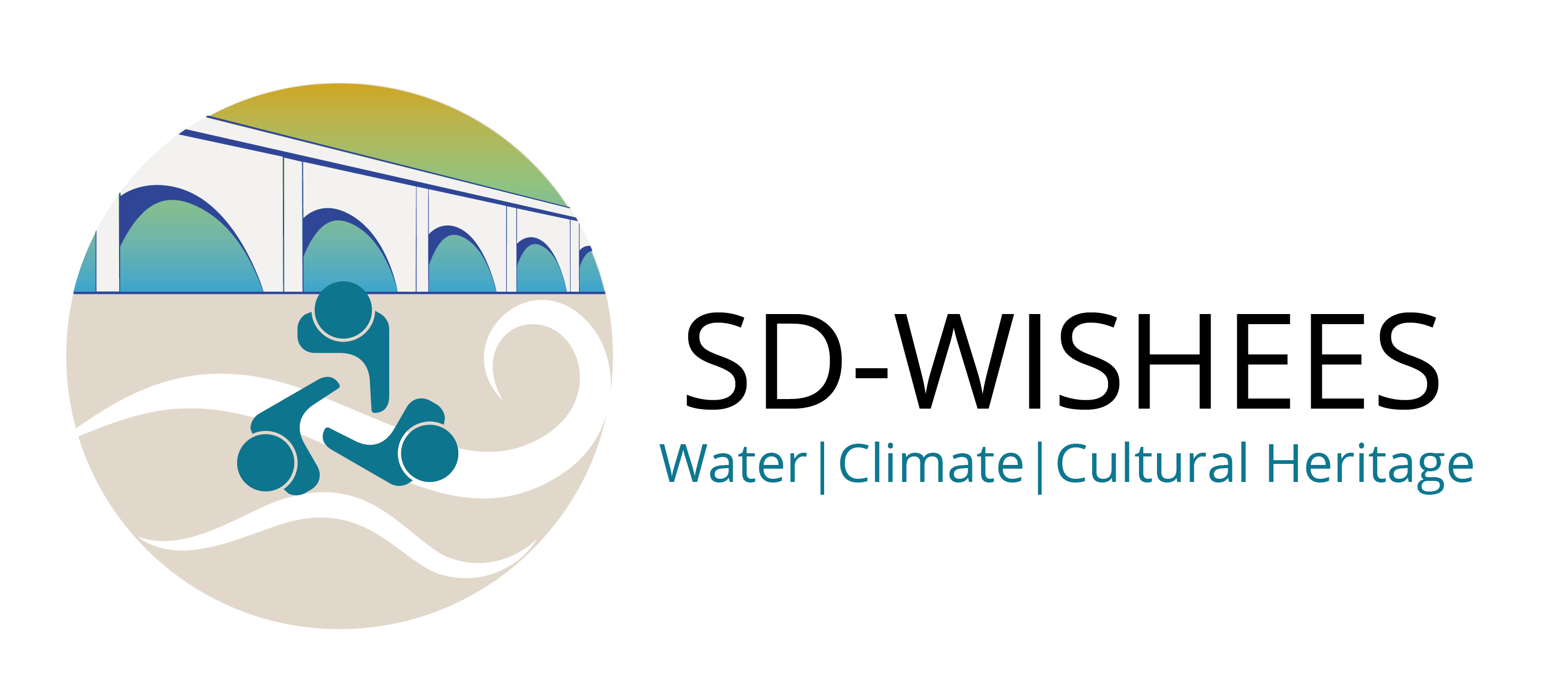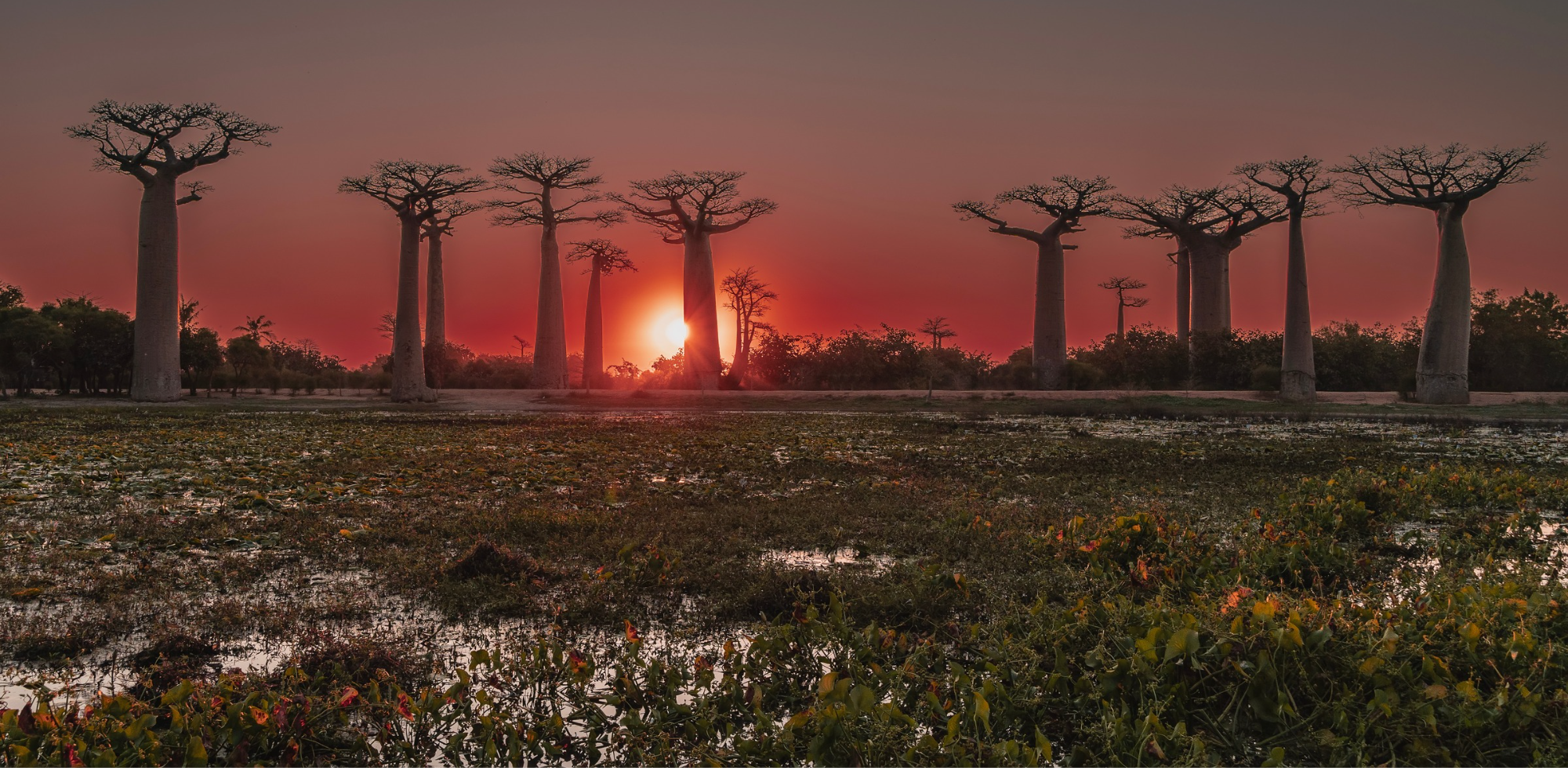Knowledge Hubs (KHs) are thematic networks of experts aimed at:
- Bringing together researchers in a more collaborative manners and thereby establishing a critical mass of research and technological excellence,
- Enabling the integration and sharing of knowledge, infrastructures, data and modelling tools, and;
- Enhancing training and capacity building. Discussions in the KH may result in, amongst others:
- Scientific publications (including peer-reviewed publications;
- Foresight exercises;
- Exchanges of good practices and knowledge;
- Mobility actions and sharing of infrastructure; and,
- Policy briefs;
- Impact assessments;
- Influencing the agenda-setting of European and international research and innovation activities.
KHs allow therefore fostering transnational and multidisciplinary collaboration and networking in order to accelerate, further characterize and better manage existing knowledge.
But the results of KHs are not only of high interest for researchers but also for policy makers, who may benefit from policy briefs on which they can base their decisions or from a more holistic view of challenges crossing the domain of hydroclimatic extreme events and cultural heritage.
KHs are driven by national research funding agencies, who appoint experts and fund their participation.
Several research and innovation initiatives have launched KHs in the past. A few examples are provided below:
Example 1. Water JPI: WATER4SDGs Knowledge Hub.
It included 15 water experts with diverse backgrounds from eight Water JPI partner countries. Activities led to the production of a policy brief “Integrated solutions to accomplish water related UN SDGs” and a position paper “Alignment of water related RDI strategies in light of COVID-19 challenges to support the implementation of UN SDG6: clean water and sanitation”.
Example 2. JPI FACCE. MACSUR succeeded to gather in its second phase up to 300 members from 18 EU countries. Activities resulted in the production of 300 papers, 500 presentations, 20 workshops/ conferences, the funding of 13 new projects, and the mobility of 20 PhD/ MSc students.
Building upon previous KHs, the SD-WISHEES KH will gather experts in the fields of hydroclimatic extreme events and cultural heritage that will set a work plan. The outputs of the KH will be defined by appointed experts at the beginning of the action, whose launch is expected to take place during the last two years of the SD-WISHEES project (2025/ 2026).
Research funding agencies interested in supporting experts to participate in the SD-WISHEES KH are invited to contact project partners at: anr-sdwishees@agencerecherche.fr

©2025 CNR, All Rights Reserved.

